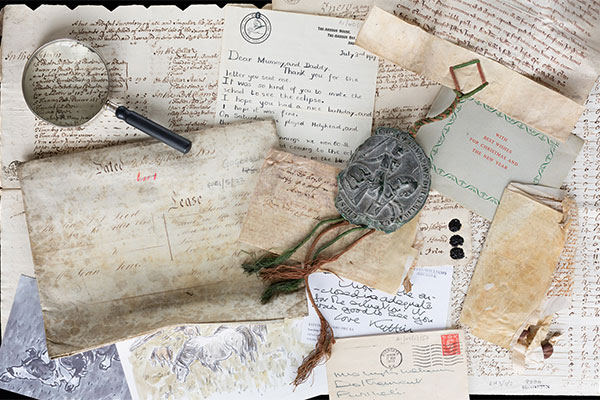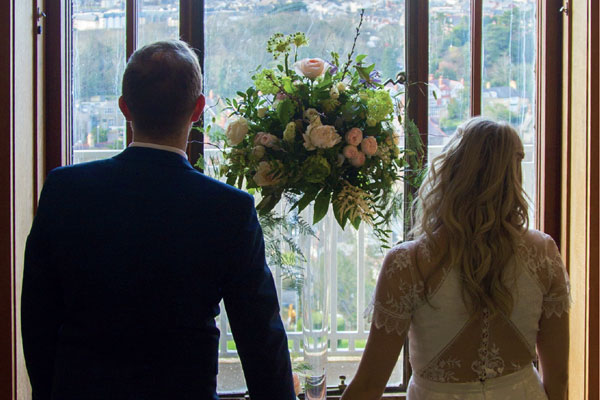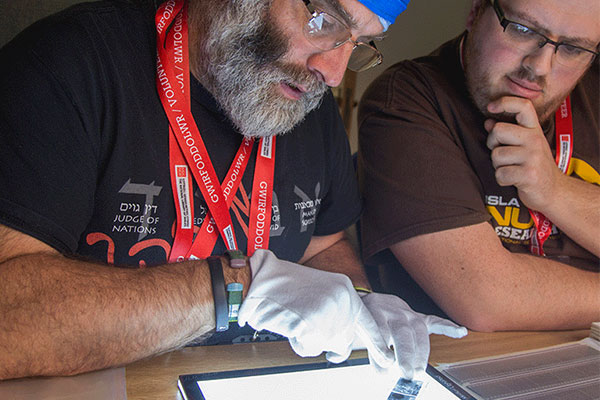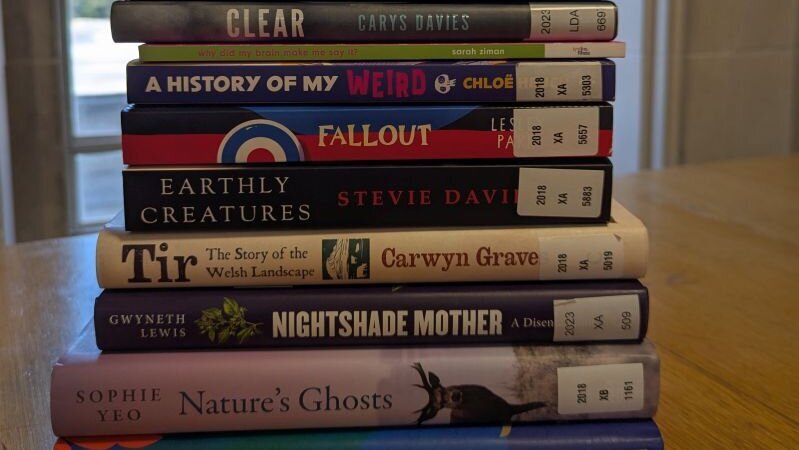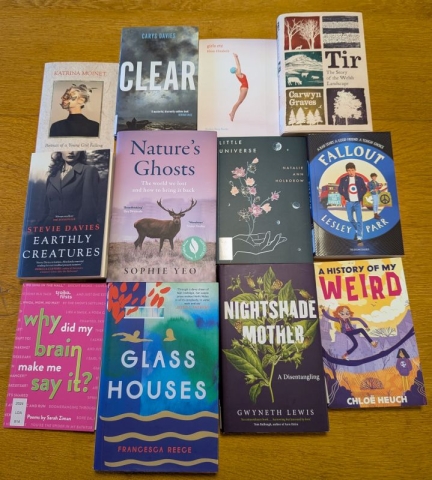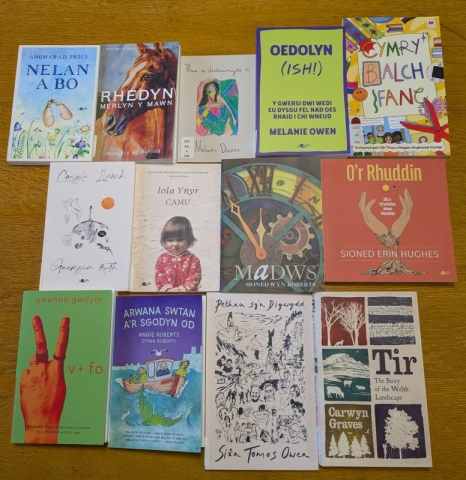“Literary prizes are significant not for who the winner is but the discussion they create around books.” – Richard Flanagan.
Welsh writers have been historically under-represented in major literary prizes. Two notable exceptions are Bernice Rubens winning the Man Booker Prize in 1970 for The Elected Member, and the philosopher Bertrand Russell, who won the Nobel Prize for Literature in 1950 for his writing on humanism. Literary prizes are important for numerous reasons, but they are particularly important for small nations like Wales where the literary output competes for attention in a London-centric publishing landscape. More than that, Wales produces literature both in English and the Welsh language, and sometimes a mixture of the two, and requires a prize that reflects its multilingualism and hybridity. Happily, we have Wales Book of the Year.
Established in 1994, Wales Book of the Year is organised by Literature Wales with funding from the Welsh Government and the Arts Council of Wales. In its 31st year, the prize includes four distinct categories to reflect the range of writing published both in Wales and by Welsh authors: Fiction, Creative Non-Fiction, Poetry, Children & Young People.
The critic Stevie Marsden describes literary prizes as a ‘cultural phenomenon’. Extrapolating further, he writes ‘as signifiers of literary value and taste, influencers of the literary canon, and indicators of distinction, literary prizes have played, and continue to play, an extremely important role in the promotion and celebration of literature.’
In John English’s study of the ‘currency’ of literary prizes, The Economy of Prestige, he points out the many ways critics and writers’ show their disdain for awards; for instance, claiming that ‘there are more awards than there are writers’ (Gore Vidal) or ‘there is hardly a writer […] who has not won one’ (according to Australian poet Peter Porter). ‘The whole system of prize-giving…belong to an uncritical epoch,’ espoused Ezra Pound. ‘[I]t is the act of a people who, having learned the alphabet, refuse to learn how to spell’.
The truth is that literary prizes are easy to attack, yet remain central to ushering in a book’s commercial and cultural success. They raise the profile of the author, generate book sales, and offer a talking point around the writer, the story, and the prize itself. In Wales, they also serve to celebrate the thriving literature of a minority and minoritised language, as well as the thriving independent publishers that bring them into existence. As such, Wales Book of the Year is a vital part of Welsh culture.
This year’s prize highlights a range of novels, poetry collections, and non-fiction: a novel exploring the second-housing crisis in North Wales by rising star Francesca Reece, a drama unfolding on a remote Scottish island in the mid-19th century by the lyrical Carys Davies, and the latest novel by the wonderful Stevie Davies, a coming-of-age story in 1940s Germany.
Similarly, poetry sees both ‘established’ and ‘emerging’ poets selected, with a beautiful debut by Katrina Moinet, Portrait of a Girl Falling, alongside Rhian Elizabeth’s Girls etc (described as a ‘lively and lovely collection’ by Nation.cymru) and previous shortlistee Natalie Ann Holborow’s Little Universe (‘poems that leave you breathless’ says one reviewer).
Creative non-fiction leans towards nature and environmental writing, with a striking debut by Sophie Yeo, Nature’s Ghost, which was also shortlisted for the Wainwright Prize. Tir, a blend of essay-and-nature-writing by Carwyn Graves, focuses on Welsh landscape, literature, and history, while Nightshade Mother, a memoir by the former Poet Laureate Gwyneth Lewis, explores the difficult relationship with her late mother, and which was positively reviewed in the Guardian and TLS among others.
Finally, the Children & Young People Award showcases fun and zany children’s poetry by Sarah Ziman, Why did my brain make me say it?, alongside two novels: A History of my Weird, by Chloë Heuch – about friendship, school, and Victorian asylums – and Fallout by Lesley Parr, a mystery about questioning loyalties and making your own way in the world.
Literary prizes are by nature unexpected and unpredictable, relying on the opinions of judges, prevailing fashions, and the reigning zeitgeist, which is what makes them a valuable reflection of the current cultural climate in Wales.
All of these brilliant books are available at the National Library and can be ordered via our catalogue. The overall winners will be announced on July 17th. It will be interesting to see – in Richard Flanagan’s words – what kind of ‘discussion’ the winning book will create!
References
English, James, The Economy of Prestige: Prizes, Awards, and the Circulation of Cultural Values (London: Harvard University Press, 2005)
Marsden, Stevie, “Literary prize culture,” in Oxford Research Encyclopedia of Literature (Oxford: OUP, 2020)
Squires, Claire, “Book Marketing and the Booker Prize,” Judging a Book by Its Cover: Fans, Publishers, Designers and the Marketing of Fiction, eds. Nicole Matthews and Nickianne Moody (London: Ashgate, 2007)
Category: Article
